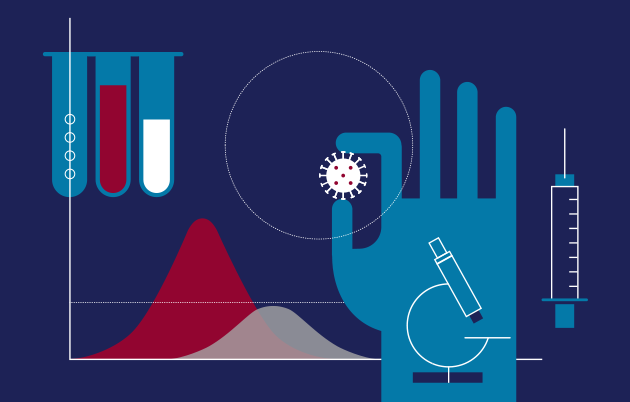Pelegri obtained his PhD in cellular and developmental biology from the Massachusetts Institute of Technology after studying genetics as an undergraduate at the University of California, Berkeley. He completed a postdoctoral fellowship in developmental genetics at the Max Planck Institute in Germany and joined the faculty of the UW–Madison Laboratory of Genetics in 1999.
The Laboratory of Genetics is comprised of the Department of Medical Genetics, which is part of the School of Medicine and Public Health, and the Department of Genetics, which is part of the College of Agricultural and Life Sciences. Members of the Laboratory are leaders in the use of genetics to acquire biological insights that span both fundamental and translational science. Its researchers are experts in techniques such as gene editing, large -omics datasets, synthetic biology, and computational modeling approaches.
As chair, Pelegri hopes to build on common interests in the field of genetics among a range of disciplines, departments, institutes and centers. He also plans to continue the commitment of Laboratory members to excellence in education and increasing the diversity of the scientific community.
“The global opportunities and challenges in the field of genetics frame the mission of the Laboratory of Genetics in 2020, which I would define as a dual mission of training the future actors in biomedical fields while simultaneously producing transformative and impactful research in multiple areas related to genetics, from agriculture to medicine,” said Pelegri. “I would argue that an academic research unit such as the Laboratory of Genetics is ideally placed to carry out this mission, and I am excited to help lead the way.”
The Pelegri laboratory uses model organisms such as the zebrafish Danio rerio to study processes in early vertebrate development such as pronuclear fusion, axis induction, cellularization, germ cell formation, and morphogenesis. His research has allowed new insights into vertebrate embryology, reproduction, and disease through techniques such as CRISPR, computational analysis, and biophysical modeling.
Pelegri has earned multiple awards throughout his career, including an NIH Director’s Award, as well as a Romnes Faculty Fellowship and Vilas Research Investigator Award from UW-Madison. In addition, a UW 2020 project on which he is the principal investigator recently received funding. The project, titled “Establishing proof-of-principle models for animal biodiversity biobanking,” has potential applications for both conservation genetics and regenerative medicine.
“The Laboratory of Genetics exemplifies our school’s dedication to strong partnerships between scholarly disciplines,” said Robert N. Golden, MD, dean of the UW School of Medicine and Public Health. “Dr. Pelegri’s astute interest and passion for service, diversity, and pushing the boundaries of the future of genetics and medicine make him well-suited for this role.”


